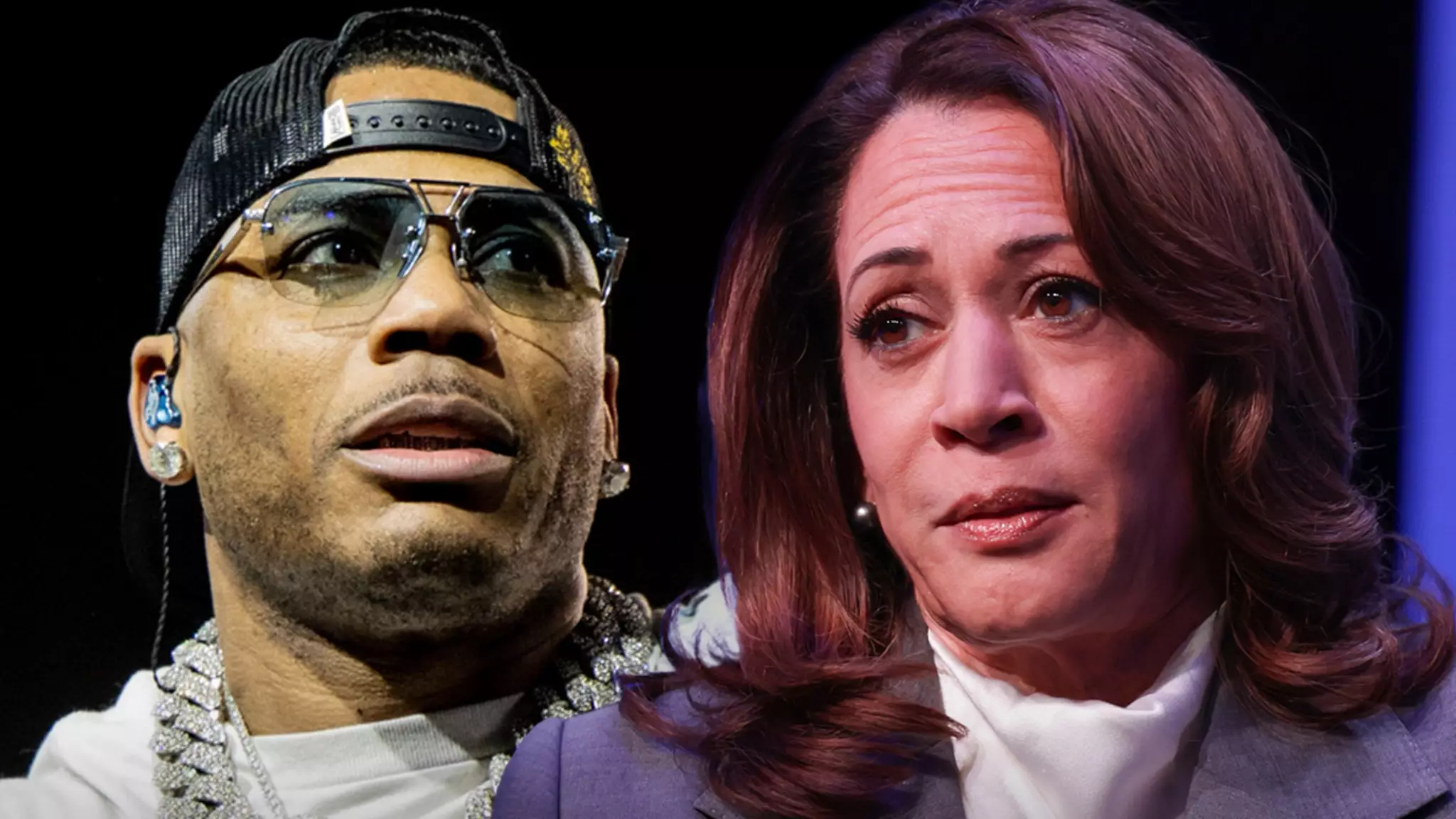Nelly’s decision to perform at former President Donald Trump’s inauguration earlier this year ignited a firestorm of backlash, with many accusing him of betraying his racial community. This backlash underscores how politically charged and emotionally sensitive the intersection of race and entertainment can be in America today. Nelly, however, refuses to be boxed in by conventional political alignments. Instead, he asserts that his actions are grounded in authentic support for the Black community—support that, in his view, transcends partisan boundaries and false narratives circulated by critics.
Defining Black Advocacy Beyond Politics
One of the core points in Nelly’s defense is his emphasis on tangible contributions to causes that uplift Black Americans, such as his financial support for Historically Black Colleges and Universities (HBCUs). This practical form of advocacy contrasts sharply with symbolic gestures or political loyalty that may not always yield real benefits for the community. By highlighting his and Snoop Dogg’s investments in HBCUs, Nelly reframes the debate: it’s not just about who you vote for or perform for, but what you do to empower your community.
Critique of Political Figures and Racial Double Standards
Nelly’s confrontation with Vice President Kamala Harris, particularly his pointed commentary on her marriage to a white man, signals a willingness to challenge dominant narratives imposed on Black leaders. His critique hints at a broader frustration with the simplistic ways political identities are packaged and consumed, especially when racial authenticity is questioned based on personal relationships rather than policy impact or community contribution. In doing so, Nelly also decries the derogatory labels—like “Uncle Tom” and “coon”—that often entrap Black individuals in a binary, toxic debate where deviation from a perceived party line equals betrayal.
Public Reactions and Family Dynamics
Nelly’s stance has not only polarized fans but also created tension within his immediate circle. Ashanti, his wife, and her mother have expressed discomfort with his explicit political choices, highlighting how public controversies can spill into private lives. Yet, the commercial success of the “We Belong Together” reality series, marked by a seven-figure payout, illustrates the complex balance artists strike between personal brand, political expression, and financial incentive. This scenario exemplifies how cultural figures must often navigate conflicting pressures—social, familial, and economic—while maintaining their own identities and beliefs.
A Call for Nuanced Conversations on Race and Politics
Nelly’s story reveals the urgent need for more nuanced discussions about race, identity, and allegiance in the modern political landscape. While entertainment figures frequently face scrutiny for their choices, it is reductive to brand them traitors simply because they refuse to conform to prescribed political orthodoxies. Instead, the conversation should shift toward recognizing diverse ways of contributing to and defining Black empowerment. Nelly’s experience invites a broader reflection on authenticity, the limits of political affiliation, and the multifaceted nature of Black identity in America.

